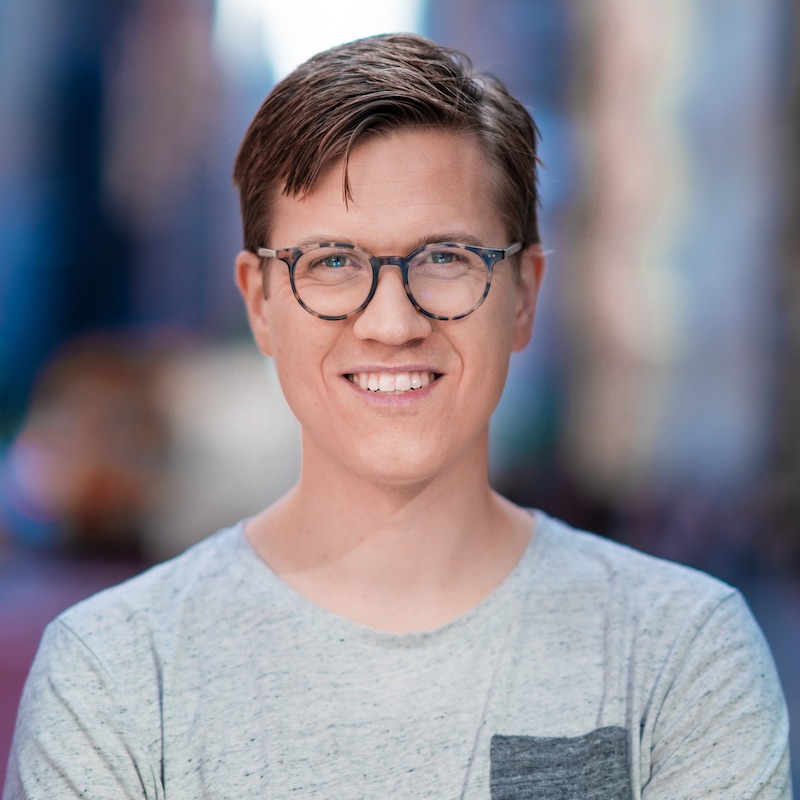
It's hard to write code for computers, but it's even harder to write code for humans
Writing code for a computer is hard enough. You take something big and fuzzy, some large vague business outcome you want to achive. Then you break it down recursively and think about all the cases until you have clear logical statements a computer can follow.
From: Erik Bernhardsson
